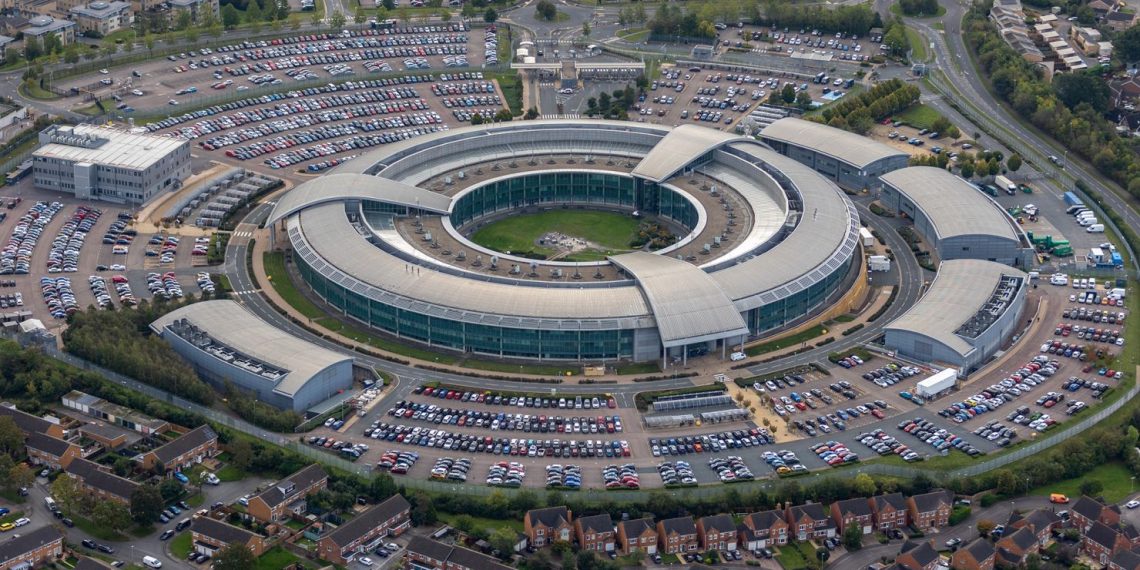The swift advancement of Artificial Intelligence (AI) tools is anticipated to heighten the risk of cyberattacks, reducing the entry barrier for less sophisticated hackers, warned Britain’s GCHQ spy agency on Wednesday. The National Cyber Security Centre (NCSC), a part of GCHQ, noted in a report that this lowered barrier is likely to contribute to the global surge in ransomware attacks, where criminals encrypt computer systems, demanding a digital ransom.
The report highlighted that AI’s rapid development will almost certainly escalate the volume and impact of cyberattacks over the next two years, with uneven effects on the cyber threat landscape. Opportunistic hackers without advanced skills are expected to benefit the most from this increased capability.
Generative AI tools like chatbots may be utilized on a basic level to create more convincing elements, such as emails or documents, for online phishing campaigns. Meanwhile, more sophisticated state-backed hackers are identified as best positioned to leverage AI’s potential for advanced cyber operations, including the generation of advanced malware.
The report emphasizes that intelligence agencies worldwide are grappling with security challenges related to algorithms capable of generating human-like interactions, referred to as large language models (LLMs). OpenAI’s ChatGPT is one such LLM being incorporated into various services, including sales and customer care.

As the security implications of AI continue to unfold, authorities in Britain, the U.S., and Canada have observed hackers embracing this technology. The report underscores the need for heightened vigilance and strategic responses to address the evolving landscape of AI-driven cyber threats.














